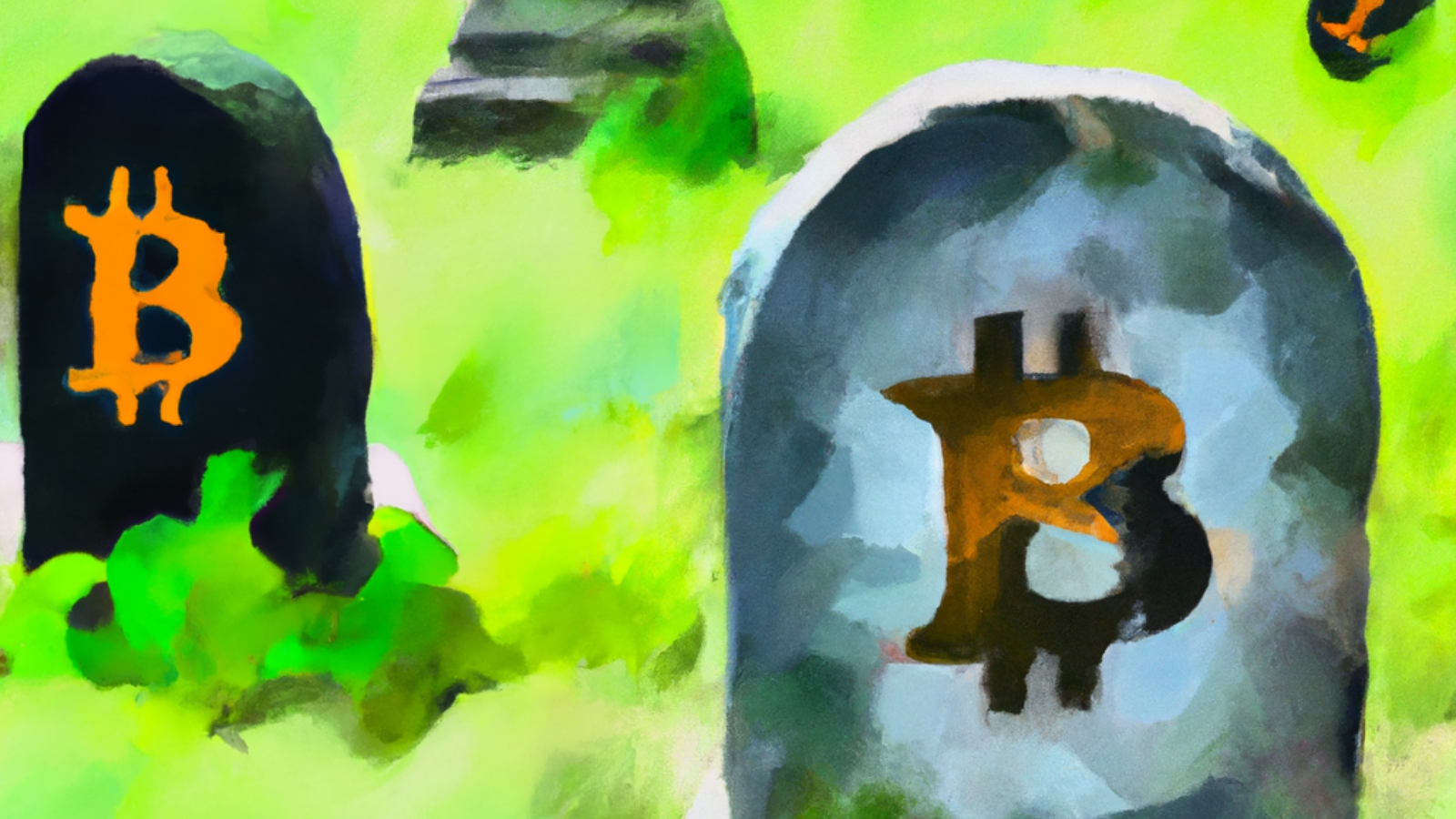The Complicated Process of Crypto Inheritance
Beneficiary options would make the transfer process faster, easier and cheaper for loved ones after a user’s death

Source: DALL·E
- Investors in traditional brokerages are allowed — and in some cases even required — to list a beneficiary to their account
- Major crypto exchanges each have slightly different protocols in place for transferring cryptoasset ownership following a user’s death, but none are as efficient as the beneficiary designations used in TradFi
When Jason O’Toole’s 18-year-old son, a crypto investor, died unexpectedly of acute leukemia, the mourning father hadn’t anticipated shouldering the burden of an additional stage of grief: paperwork.
With his son’s death certificate, O’Toole was able to retrieve his son’s 401(k), bank account balance and final paycheck. But a year later, O’Toole is still struggling to withdraw his son’s crypto from Coinbase.
Coinbase, along with every major crypto exchange, doesn’t allow users to name account beneficiaries, while traditional finance brokerages do.
This forces bereaved families to submit a slew of documents and potentially go through a court process to receive their loved one’s digital assets.
Traditional finance and its beneficiaries
Investors in traditional brokerages are allowed — and in some cases even required — to list a beneficiary to their account. In the event of that investor’s death, the beneficiary inherits the account holdings once they can verify their identity and the death of the account holder.
Beneficiary designations allow investors to choose who they would like to inherit their assets, especially if they do not have a will. Such agents can also let beneficiaries receive assets without having to go through a potentially long and costly probate process.
Crypto exchanges each have slightly different protocols in place for transferring cryptoasset ownership following a user’s death, but none are as efficient as beneficiary designations.
On Kraken, heirs must file a request and submit whichever documents the exchange deems necessary. Kraken asks users to include their Kraken public account ID in their will to make the process easier.
Binance has a similarly opaque process that is handled on a case-by-case basis.
Coinbase lists the required documents on its website, but it requires a will or probate documents to transfer assets. An exchange representative said Coinbase doesn’t charge fees for transferring account ownership.
FTX reserves the right to require a court order determining rightful ownership of a deceased user’s account.
“As a user, if I want [to inherit cryptoassets from an exchange], I basically have to have my lawyer reach out to their legal team, and from there it’s a totally opaque process to me,” Alan Long, CEO of crypto inheritance service Sequel Finance, told Blockworks. “There’s nothing really established from any of the exchanges.”
Crypto exchanges can still do more
For people like Jason O’Toole’s son, who did not have a will, crypto inheritance is handled at the government’s discretion through the probate process, which typically gives assets to a person’s spouse or children.
It is unclear why exchanges have not adopted beneficiary systems.
“There’s nothing about crypto that would make it a bad fit for what we would call a ‘payable on death transfer’ just like we name a beneficiary of our Fidelity account,” Bridget Crawford, professor at Pace Law School, said. “It’s just [that] somebody hasn’t thought of it yet.”
Post-death asset distribution is still a developing concept for crypto traders — the plurality of whom are younger than 29, according to a Pew poll. The industry has been around for fewer than 15 years; as crypto (and its participants) age, the market should push exchanges to add a beneficiary option.
“I don’t think there’s ill intent or [exchanges] are actively thinking about it and rejecting it,” Crawford said. “I think they just haven’t thought about it, and when they do, they’ll say ‘yeah, of course we want that.’”
FTX, Binance, Coinbase and Kraken sent Blockworks their inheritance processes but declined to comment on their beneficiary options.
Get the news in your inbox. Explore Blockworks newsletters:
- The Breakdown: Decoding crypto and the markets. Daily.
- 0xResearch: Alpha in your inbox. Think like an analyst.






